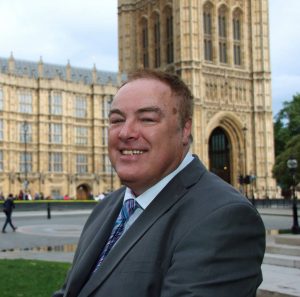
A blog by Gary Bourlet, Membership and Engagement Lead and self advocate

During COVID, Learning Disability England helped with a project by the Good Things Foundation.
Find out more about the Digital Lifeline project and how members got involved here
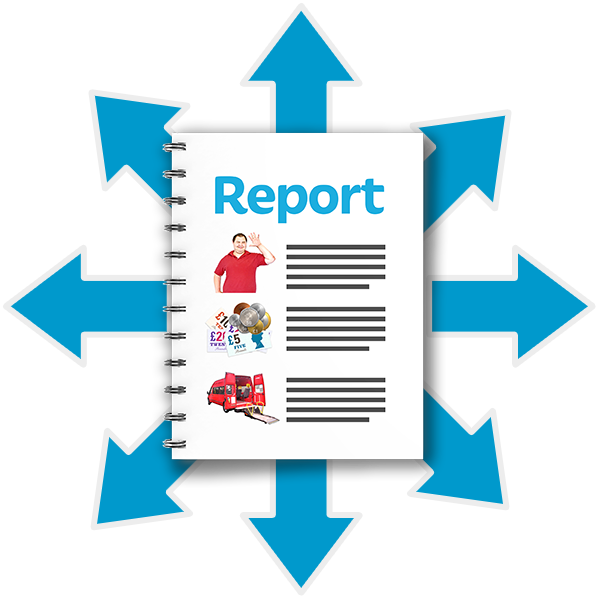
A report has just come out that looks at the effect that this project has had.
Read the Digital Lifelines Impact report and Easy Read summary here
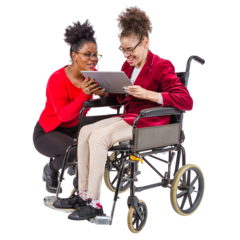
The project gave 5500 people with learning disabilities:
• A tablet
• Data (so they could use the internet)
• Support with setting up their new tablet
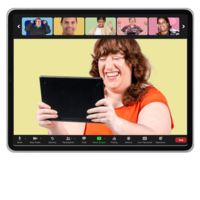
People used their tablets for:
• Talking to their friends and family
• Doing online activities and classes
• Learning online
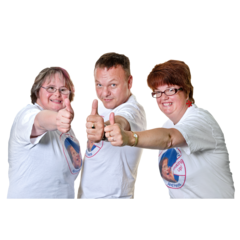
The report says that this project has helped people feel less lonely and has improved their health and wellbeing.
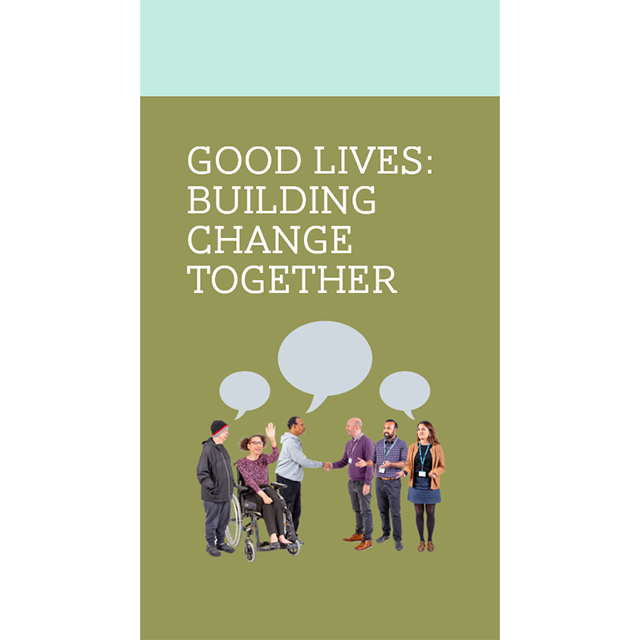
This work is related to our Good Lives framework.
The framework says that communication and staying connected is really important to people with a learning disability.
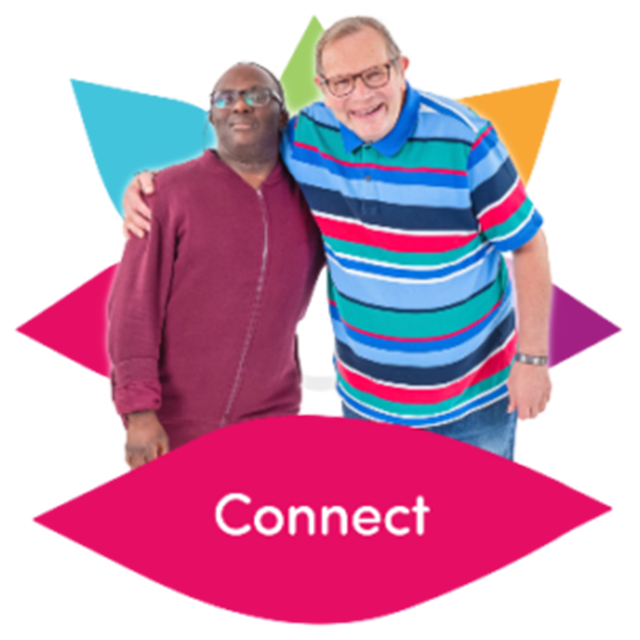
The Digital Lifeline project helped people stay connected with their loved ones during the pandemic.
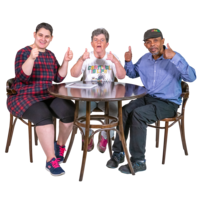
The Good Lives framework says this is important.

Other projects like the ‘phone buddy’ scheme by My Life My Choice also helped people stay connected during the pandemic.
People with learning disabilities were given a phone buddy that they could call and talk to.

Ben McCay from My Life My Choice says:
“The phone buddy scheme was set up so that our members would not feel lonely or isolated during the pandemic and there was someone they could talk to if they need help and support.”
You can click here to learn more about My Life My Choice’s buddy schemes

Projects like this can really help people with learning disabilities feel less lonely and more connected.
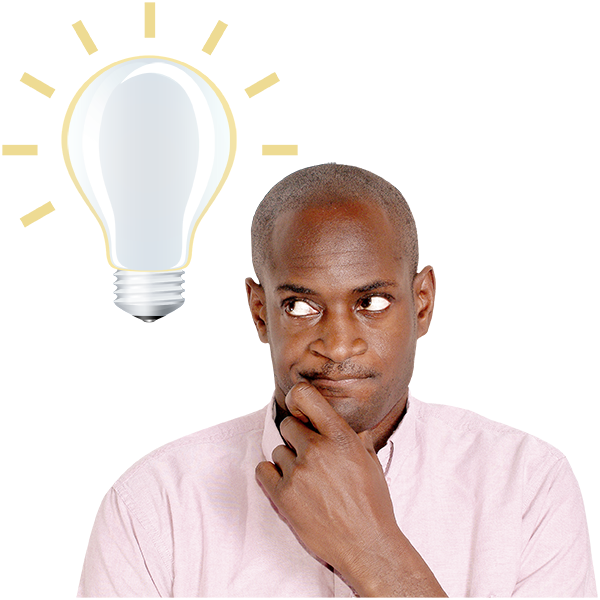
But I feel that there is still room for improvement.
Not everyone who asked for a tablet was given one.
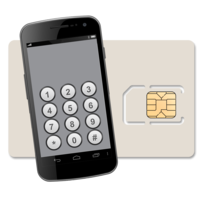
People were given ‘data’ to access the internet but this will run out.
What happens then?
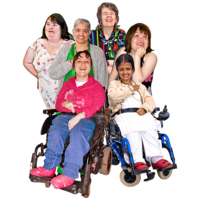
More people with higher support needs also need to be included.
Also more people who can’t read or write and more people who don’t speak English as their first language.
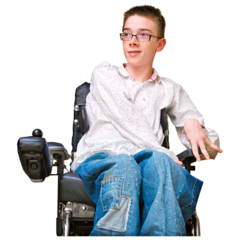
Some people might not be able to use the tablet, and might need a different kind of communication aid, like a voice activated computer.
AbilityNet has been helping people who need more support to get online as part of the project.

Not enough money should not stop people with learning disabilities from having the chance to be connected.
People’s needs must come first.
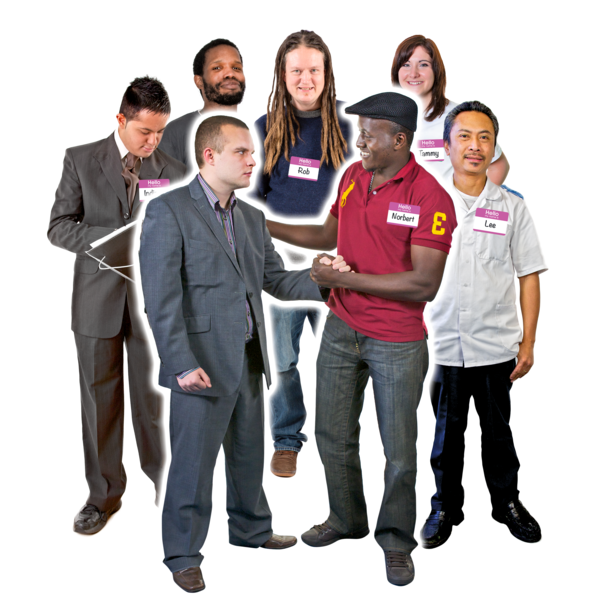
The Good Lives framework says education, health and social care commissioners and providers need to understand the ‘digital divide’ faced by people with learning disabilities.
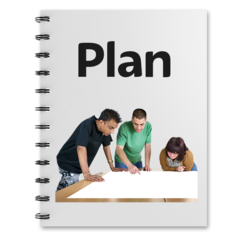
And develop a clear plan to address it.

There needs to be a cultural shift that supports the idea of access to communication and connectivity as a human right.
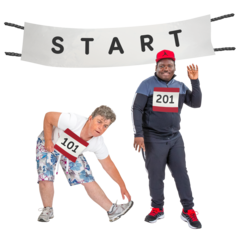
The Digital Lifeline project was just the start.
Not an end.
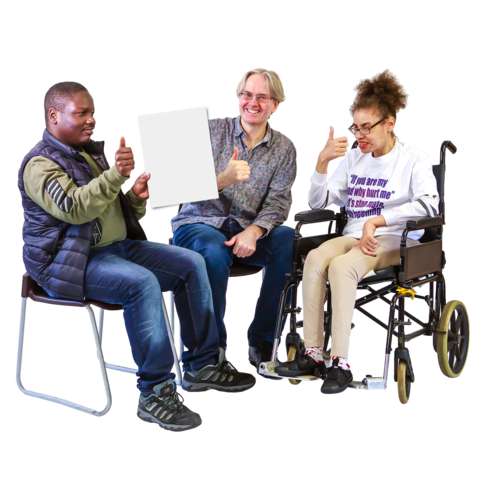
How can you get involved in the Good Lives work and help make change happen so all people with learning disabilities live their good life?
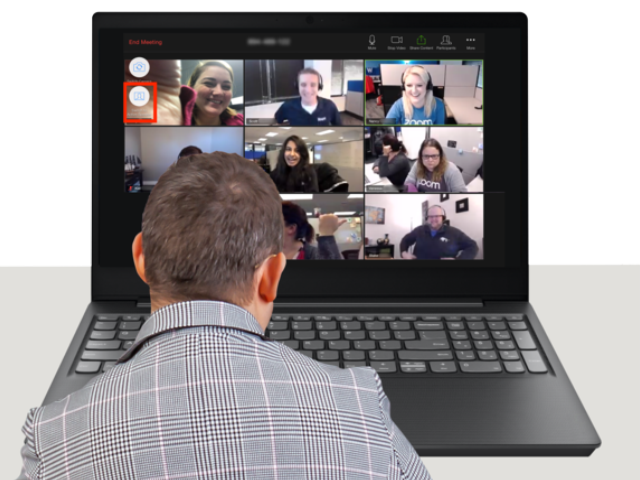
Why not come to the free webinar for members only on 26th April and find out more about getting involved.